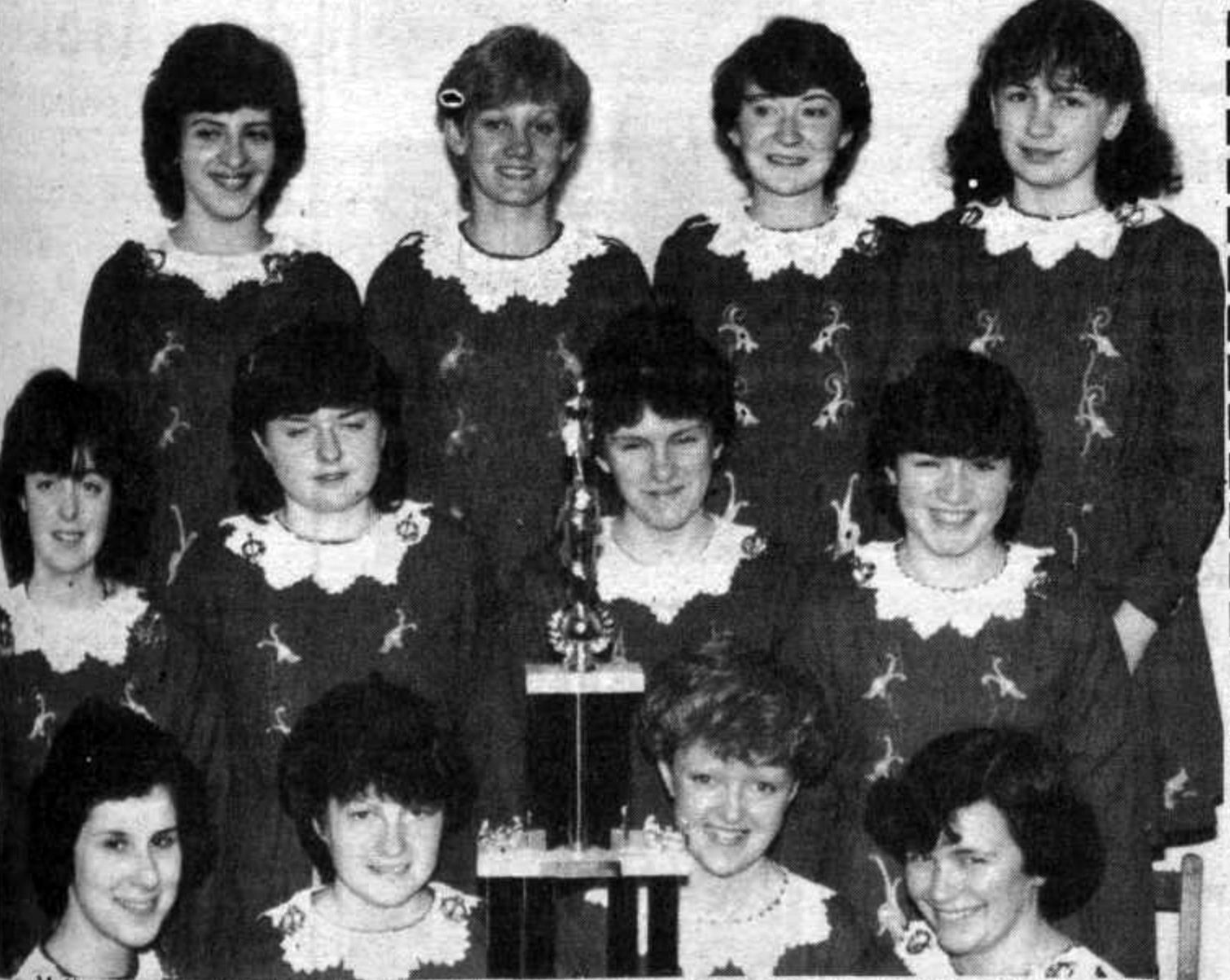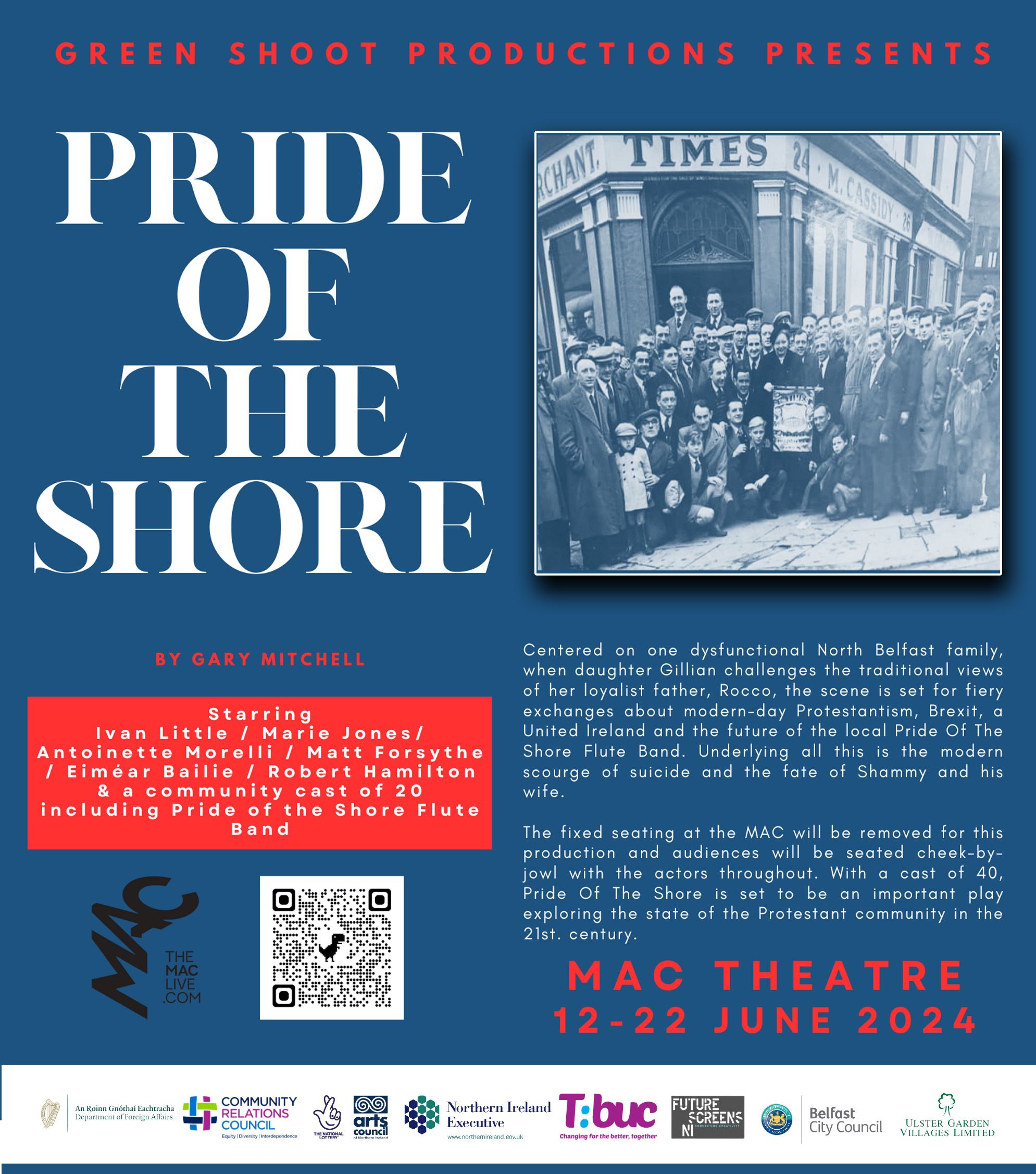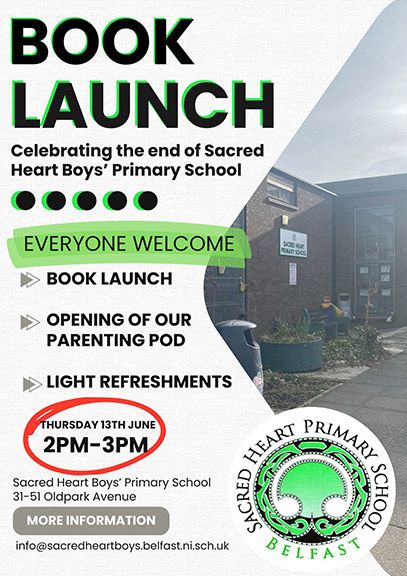WE look back at the stories that were making the headlines this week back in 1983
Fr Murray and Fr Fail condemn the use of informers
IN a statement this week Fr Raymond Murray and Fr Denis Faul say they support the obligation in conscience of helping responsible people to prevent serious crime.
They feel equally obliged to condemn and protest against procedures which are pernicious and destructive of the law.

“We refer to the use of ‘supergrasses’ and we are appalled at the approval given by the Secretary of State James Prior MP, Sir John Hermon, Chief Constable RUC and Minister of State Mr Nicholas Scott," they said.
The Attorney General of Britain, Sir Michael Havers, has stated that he will not accept the evidence of supergrasses in legal proceedings in England. Why then is it accepted in N. Ireland?
“Our own experience of supergrasses and their relatives has been that all 20 of them, with the exception of one, have been victims of intimidation, blackmail, bribery, and with one possible exception, also the victims of trickery and inducements," added the priests.
"Most important of all, however, is the fact that the uncorroborated evidence of one man who may have a criminal or 'terrorist' record is accepted by a judge as sufficient to hold a large number of men in prison for 12 to 14 months and will again be accepted as sufficient grounds for sentencing them to long sentences. This is contrary to all principles of law which demand credible evidence from credible witnesses as a basis of conviction," they added.
"A judge stated recently," they continued, "that informers have been a feature of Irish history for 300 years and have always been accepted. We can assert that informers have put many innocent people to death in our history. One has only to think of St Oliver Plunkett, the men of '98, the 18 men hanged for the burning of Wild Goose Lodge, the Crossmaglen Conspiracy. It is intolerable that the savage standards of British lynch law that oppressed the poor people of Ireland for so long should be allowed to continue.
"What a contrast to the British Government's protests against trials in Russia, Poland, South Africa, and Turkey.
“We strongly recommend the relatives and friends of the supergrasses and the victims to get together to assert their legal rights.
“We will be glad to assist them," say the priests.
British censorship kills another programme
A MAJOR television programme which turned the spotlight on to the use of plastic bullets by the RUC and British Army has been blocked by broadcasting heads following pressure from the Northern Ireland Office and the Police Authority.
A Yorkshire Television team, responsible for the highly acclaimed exposé on asbestos ‘Alice, Fighting for Life’, had already carried out a substantial amount of research and filming in Belfast and Derry when they were informed of the decision to scrap the documentary.
Researcher Peter Moore and producer Chris Brien planned to include interviews with the families of Carol Anne Kelly, Julie Livingstone and Brian Stewart, three local children killed by plastic bullets, in the programme which was to examine whether or not plastic bullets are an acceptable use of force.
It has been confirmed this week that the RUC through the Police Authority and the NIO put pressure on Yorkshire Television to veto the programme after reports that the film-makers were ‘shocked and horrified’ at the deaths and injuries caused by plastic bullets.
The RUC argued that such comments meant the producers had “prejudiced” the issue.
Following these claims both Moore and Brien were carpeted by the Yorkshire TV managers and moved off the assignment and the film dropped.
If the broadcasting of the programme had have gone ahead, it is believed it would have proved highly embarrassing for the British government. There is already mounting pressure on the continent and in America for the plastic bullet weapon, which has claimed 14 lives here, to be banned.
150 teachers are needed for plastic bullet petition
ONLY 150 more signatures are needed to bring the number of teachers who have added their names to the 'ban the plastic bullet' petition to an impressive 1,000.
"We are within shooting distance of 1,000 signatures which was our original target and we are determined now to redouble our efforts in search of 150 more teachers," said a spokesperson for the Concerned Teachers Organisation .
Once one thousand signatures have been received from among the teaching profession in the North the campaign will be extended to Southern and European schools.
14 people, half of them children, have been killed by rubber and plastic bullets and over 200 have been maimed. The Belfast dead are Francis Rowntree [11], Stephen Geddis [10], Brian Stewart [13], Michael Donnelly [21], Julie Livingstone [14], Carol-Anne Kelly [12], Nora McCabe, Peter Doherty and Peter Magennis.
Despite international pressure, including a call for a ban on the weapon by the European Parliament, the British government has refused to veto its use here.
Teachers are being asked to sign the Plastic Bullet Petition in an individual capacity and are being assured that names collected will be used tor the exclusively moral purpose of campaigning to have the plastic bullet weapon banned.
Explained the Concerned Teachers spokesperson: "We realise that some teachers will have mislaid copies of the petition and that a few may not yet have even seen it. Now we are appealing to those teachers to get in touch with us so that we can bring this phase of the campaign to a successful conclusion."
Once the target is reached translated copies of the petition will be sent to the press and media throughout the world.








